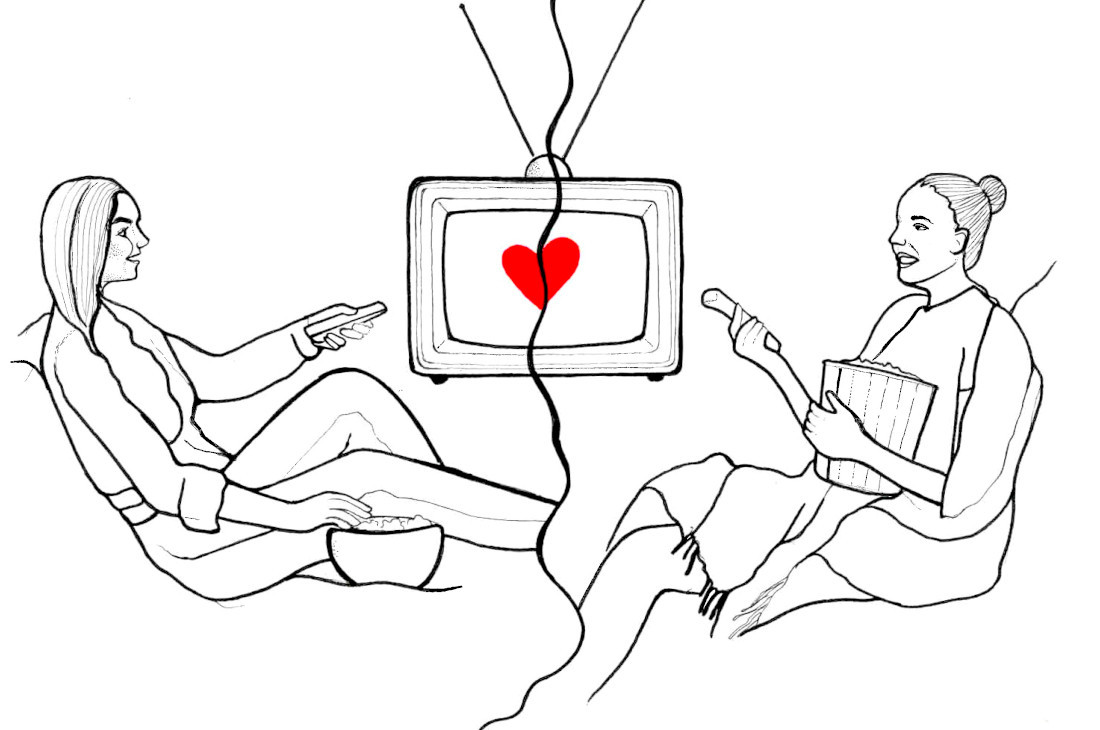A family like mine
Who Netflix’s new password-sharing policy ignores
It’s nearly impossible to pin down what exactly constitutes a family. One United States government agency specifies it as “two or more persons related by birth, marriage or adoption who all live together.”
But human relationships are complex and don’t always fit into such tidy packages. I prefer Beverly McLaughlin’s definition. Family is “people who take you in, no questions asked.” It’s the chosen families, stepparents, classmates, colleagues, friends and partners who listen and love, even if only over the phone or while across an ocean.
For census purposes, at least, a Canadian household consists of “a person or group of persons who occupy the same dwelling and do not have a usual place of residence elsewhere.”
Netflix’s new account policy adopts a similar definition. As of Feb. 8, users in Canada, New Zealand, Portugal and Spain must set a primary physical location, as each “Netflix account is intended for one household.”
Under the streaming service’s cheapest plans, each account is limited to one person on one device in a single location. The “standard” plan lets users watch on two devices at the same time in the same physical location.
As CBC explains, “If they want to watch in different locations – at a parent’s home and a college-aged child’s dorm room, for example, or between two members of a couple who live apart – there will be an extra fee of $7.99 a month.” Want to share an account with more than one other person? There’s a fee for that, too.
“Besides being, in reality, more an anti-password-sharing policy, this revised version comes with two very large assumptions: that there is a commonly understood, universal meaning of household, and that software can determine who is and is not a member of your household,” Cory Doctorow writes for The Atlantic.
However, “categories such as ‘household’ and ‘family’ are such intuitive touchstones in our everyday life that we think we know what they mean in a commonsense way – even if, in fact, their definitions are fuzzy to the point of being fractal.”
My family is no exception. I have a habit of calling anywhere I spend more than a night or two “home.” My partner and I maintain primary residences more than 2,600 km apart, in different countries. He spends half the year travelling for work, and I often tag along.
“Home” is my apartment, his parents’ house, the condo his employer provides and so many hotel rooms in between. “Home” is multiple spaces, spread across the continent, with or without roommates.
And we’re not the only ones. Last December, the New York Times documented stories of couples who chose to live apart but stay together during the COVID-19 pandemic. In a Vogue essay published that same month, Vrutika Shah explained what it’s like to be “in a six-year long-distance relationship that culminated in marriage.”
My partner and I have, similarly, spent most of our six-year relationship apart. Still, people question our commitment and wonder how (or why) we do it. TurboTax sends me an error message every April. Its algorithm can’t comprehend that I’m married to someone (who doesn’t live with me) who makes an income (but not in Manitoba).
Official forms, social attitudes and company policies aren’t built around family structures like mine. Maybe it’s finally time they – and the definitions of “family” and “household” – change.
A former sports broadcaster, Danielle Doiron is now a writer, editor and educator. Find them in Winnipeg, Philadelphia and, occasionally, on the airwaves.
Published in Volume 77, Number 20 of The Uniter (March 2, 2023)







